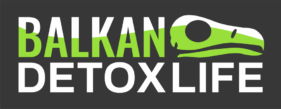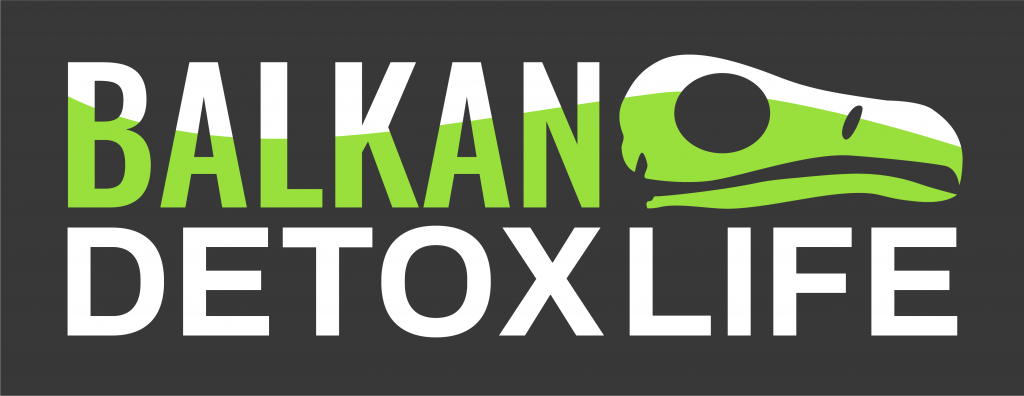Wildlife crime often goes unpunished, so when authorities take action and build their capacity to fight it, it’s a significant breakthrough. Recently, Serbia took a major step in this direction with two national training courses that brought together the police, environmental inspection, and other key stakeholders to tackle wildlife poisoning. This achievement benefits Serbia’s vulnerable species and contributes to the BalkanDetox LIFE project’s regional effort, which aims to reduce the impact of poisoning on biodiversity across seven Balkan countries.
Building capacities against wildlife poisoning in Serbia
The specialized educational trainings were jointly organized by the Bird Protection and Study Society of Serbia and the Vulture Conservation Foundation (VCF), in partnership with the Institute for Nature Conservation of Vojvodina Province and the Ministry of Interior’s Unit for the Suppression of Environmental Crime (JSEK) in Sremski Karlovci and Niš, with a focus on preventing the illegal killing of wild birds and other wildlife.
The training was attended by a diverse group of participants, primarily consisting of members of JSEK, as well as competent inspectors from the secretariat for urban planning and environmental protection, representatives of Public Enterprise “Vojvodinašuma”, and experts from the Provincial and Republic Institute for Nature Protection.
The training was led by professionals who had previously participated in the Wildlife Crime Academy in Spain, as part of the BalkanDetox LIFE project. The goal of the training was to share practical knowledge and experience gained from Spanish colleagues. The training programme was based on best practices from the Regional Government of Andalusia’s environmental protection services in combating environmental crime, combining theoretical training with hands-on workshops in real-world conditions.

The Wildlife Crime Academy has trained stakeholders from the Balkans and beyond in investigating wildlife crime, covering topics from crime scene investigation and forensic analysis to court procedures. The academy’s objectives include equipping participants with the knowledge to effectively investigate wildlife crime cases in their respective countries and empowering them to organize national training courses, such as these.
More than 80 participants attended the specialized training courses in Serbia, including over 50 police inspectors from the environmental crime unit and more than 30 representatives from other relevant national institutions involved in combating wildlife crime.


The scale of the problem and the way forward
The problem of illegal killing in Serbia is significant, with over 4,000 cases of illegal killing, trapping, and poisoning of wild birds recorded by the Society’s ornithologists in the last 20 years. In addition to the illegal killing of birds, the extent of the suffering of other biodiversity was also presented at the training, as well as ways to prevent future suffering, where the importance of preventive action in working with the local community was emphasized.
The Balkan Detox Life project, which DZPPS is implementing in Serbia, aims to spread awareness and strengthen national capacities to combat wildlife poisoning. The project is a five-year endeavour that intends to improve the management of poisoning incidents and significantly reduce the mortality of vultures and other affected species caused by the illegal use of poison baits across seven Balkan countries. The project team is working to fight the threat of wildlife poisoning by raising awareness and strengthening national capacities, ensuring real and continued engagement of relevant governmental authorities in combating this issue and labelling it as a socially unacceptable occurrence in the general public’s eyes.





















